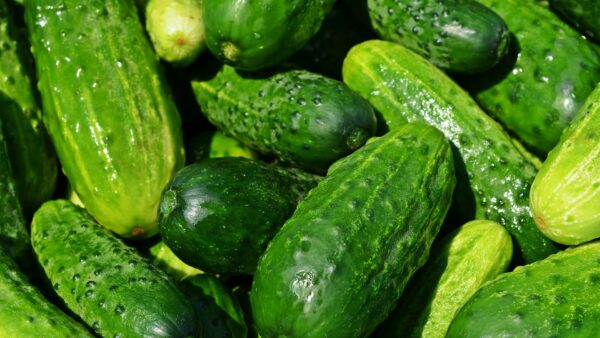Seed certification systems around the globe play a crucial role in the seed trade. Sarah Wilbanks and Csaba Gaspar are two people are the forefront of working in this sphere, and sat down this week with Marc Zienkiewicz at the annual meeting of the Canadian Seed Growers’ Association (CSGA) in St. John’s, Nfld. to chat about their experiences working in seed certification and specifically with staff from the CSGA.
“Within AOSCA we have 45 U.S. agencies and seven participating countries, and CSGA is one of those seven,” she said. “CSGA serves in a large capacity, as [Executive Director Doug Miller] serves on our board as vice-president. They also serve in an advisory capacity. Serving on our board, Doug is able to be an active part in some of the standards-setting processes we go through,” said Wilbanks, who serves as CEO for the Association of Official Seed Certifying Agencies (AOSCA) based in the United States.
“Having a key person like Doug and his forward-thinking approach involved has brought so much vigour to our board. We’re at a pivotal point at AOSCA and I think having someone with his tenacity and love for technology is something we’re fortunate to have and we look forward to continue utilizing his knowledge to forward the work we’re doing in our organization.”
Gaspar is program manager for the OECD Seed Schemes, which promotes the use of certified seed around the world. These seeds are produced — and officially controlled — according to a set of harmonized procedures put in place in OECD’s 61 participating countries.
“We worked very closely with CSGA on the digitalization of the OECD system based in France. We asked Doug to help us prepare a feasibility study and now Doug is a great consultant for us as we move ahead with the digitalization process,” Gaspar said, noting that CSGA managing director of policy and standards Mike Scheffel has also played an important role in the process.
“CSGA is so involved in the seed industry. Shey can help OECD to advance issues like standards setting, hemp being a good example. Canada is moving forward with national hemp standards, and they provide us with information on how that can be advanced at an international level.”












